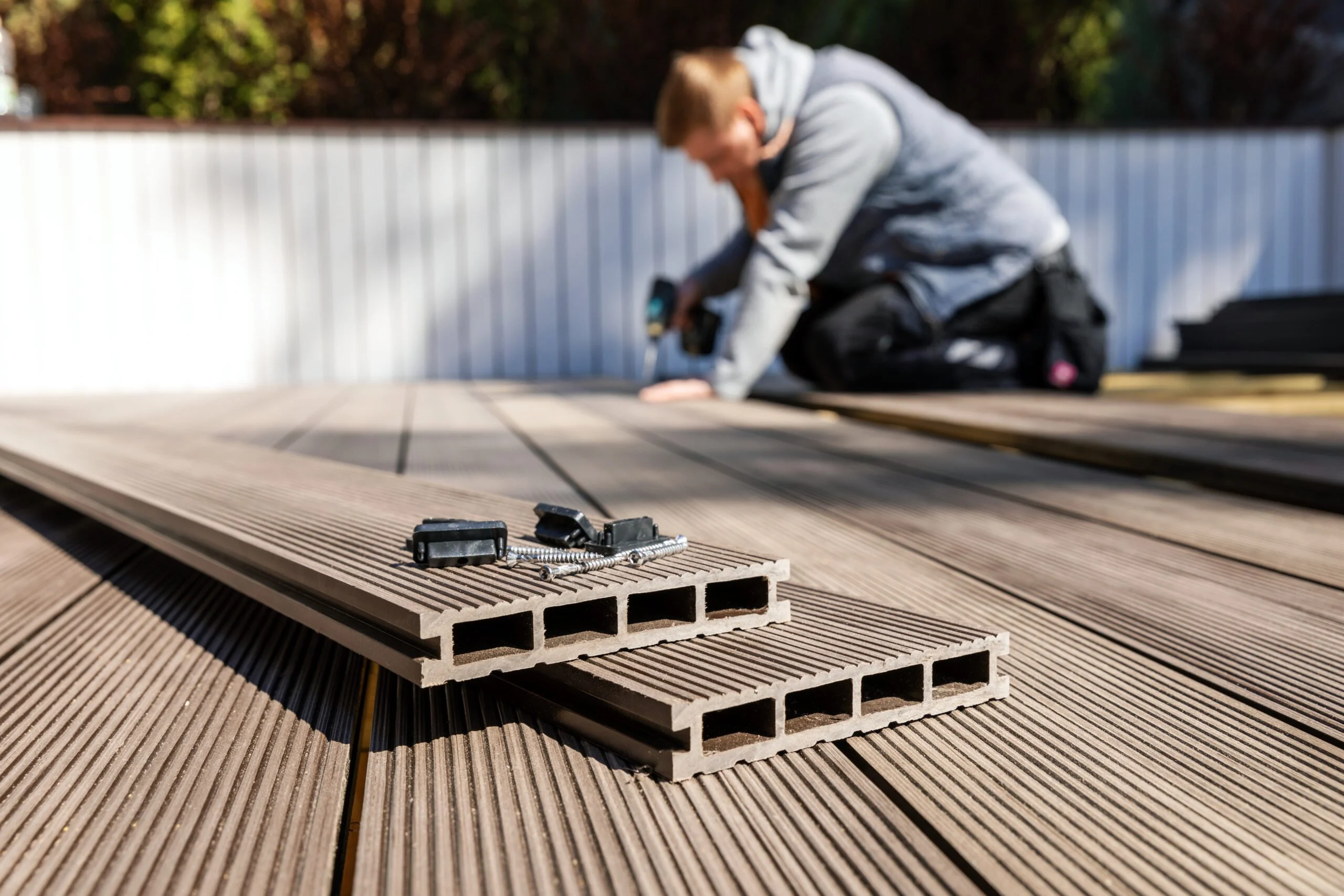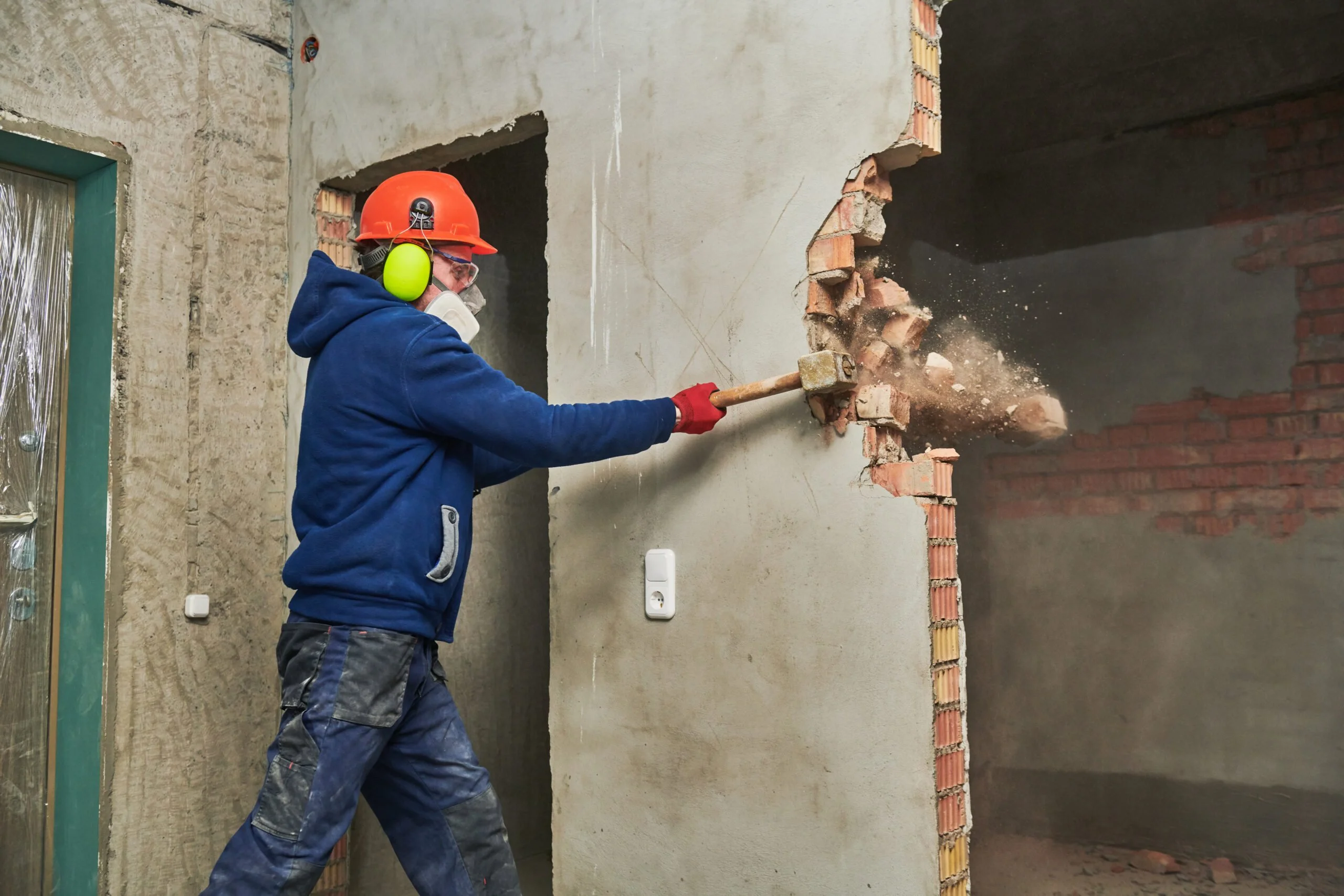You’re ready to dive into a construction project on your home. There’s a lot to know beyond the material and labor costs.
You’ll also need to factor in the cost of building permits. What exactly are permits? We’ll dive into the details to define what these are, why you need them, and how much they may add to your budget.
The Basics of Building Permits
Building permits, sometimes called construction permits, are official documents that are required to begin legally approved construction or renovation on a property.
States, counties, cities, and towns all have different rules for issuing permits along with different building codes and fees associated with the permits.
Most areas dictate that a permit is obtained prior to new construction, alterations to existing structures including demolition, electrical or plumbing work, changes in occupancy, and/or the installation of fire suppression systems.
A builder will submit a plan to the Building or Zoning Board (or Board of Permits and Inspections) in your area outlining needed permits.
After the associated fees are paid, the board issues permits and will later inspect construction to ensure it passes all building and energy codes.

Why Are Permits Required?
Health and safety are a primary driver for building permits. Faulty construction, plumbing, or wiring can create dangerous conditions for both owners and occupants as well as others.
Think disease from bad plumbing, bodily harm from poor structural integrity, or fire from bad wiring. Other reasons for permits include consistent property valuation and uniform construction quality.
Outlining the Costs
Permits can vary widely in cost. The national average to pull a permit ranges from around $400 to $2000.
Estimating total permit costs can be challenging as it depends on location, type of property you’re building and the market value of the project.
There are also additional fees for things like technology, building permit lodgment, planning surcharge, state surcharge, financial recovery, permit issuance, processing, plan checks and maintenance, and state taxes.

Different Types of Permits and Average Cost
Building a House – $1,200 – $2,000
Garage Conversion – $1,200 – $1,500
Electrical – $10 – $500
Roofing – $255 – $500
Fence – $20 – $60
Plumbing – $50 – $500
HVAC – $250 – $400
Construction – $150 – $2,000
Bathroom – $175 – $2,000
Deck – $225 – $500*
Shed – $0 – $2,000*
Pergola – $0 – $150*
Building Inspection – $200 – $500
Basement – $50 – $2,000
Window – $50 – $200
Demolition – $200
Source: Homeadvisor.com
Factors Impacting Cost
Garage Conversion: Minor cosmetic changes to garages will not require a permit but changes to the capacity and renovation will. Most locations consider these projects to be an extension of the home requiring wiring, HVAC installation, air ducts/vents and outlets.
Electrical: These permits will vary based on the complexity of your needs including total number of circuits, sockets, amps, and outlets. Any projects that require wiring installation or rewiring to a new placement will mean permits.
Roofing: If you’re remodeling a home, your initial permit will cover roofing. It’s wise to try and wrap other projects into one license. If your project is stand-alone, then a roofing permit is needed. It usually covers up to the first 1,000 square feet.
Fence: Again, this permit will depend on your location. Urban areas with population density will likely mean that you need a fence permit. Fences that are under 6 feet tall do not usually require one.
Plumbing: Like electrical, these permits will depend on the complexity of the project including things like drain and sewer replacement, new plumbing or water heater installation, re-piping etc. One way to avoid individual plumbing permits it to plan a complete remodel of your home or bathroom so that you can pull one permit covering all facets of the job.
HVAC: These fall under a general building requirement and should be included in the total price of installing a cooling and heating system.
Construction: General construction permits cover any kind of project that involves building or removing interior walls, remodeling rooms, pouring concrete for a basement, building a patio or repairing ceilings, walls or flooring.
Bathroom: You won’t need to get one of these if you’re simply replacing fixtures but will if you’re altering the electrical, plumbing, construction or HVAC. Some areas might price permits based on the square footage.
Deck: Required for building a new deck, this permit is often quick and easy to obtain. Updates and repairs don’t require one. You may also need to factor in the cost of a surveyor to assess how far your deck can extend from your house.
Shed: Building a shed that includes plumbing, electric, foundation, etc., will require a permit. However, if your shed is smaller than 8 feet by 8 feet, you may not need one.
Pergola: Similar to sheds, not all pergolas will require permits. That said, it’s often seen as an extension of an existing house so might need one.
Inspection: After you have finished your project, you may need to pay an inspector to approve the work or appraise your home.
Basement: City code often dictates what can be done in a basement including ceiling height. Depending on how livable the basement will be, permits may also be needed for electrical, plumbing – and heating and cooling.
Window: New windows need to meet new standards for safety and energy which means permits are required. These can actually be purchased over the counter on a per window basis.
Demolition: Big cities mean big prices for demolition. Contractors can often include demolition and cleanup in their estimate.

How to Get a Permit
Your contractor will need to fill out and return the necessary forms along with associated fees to the Building or Zoning Board. Permits might be approved right away or require changes or more review. The rules are the rules and construction can’t begin until approval and permit issuance.
You can also obtain permits yourself but it’s often easier to have your contractor handle as they know how to do the paperwork properly, handle inspections and any issues along the way. It also holds them liable, not you, for any problems that may pop up.








